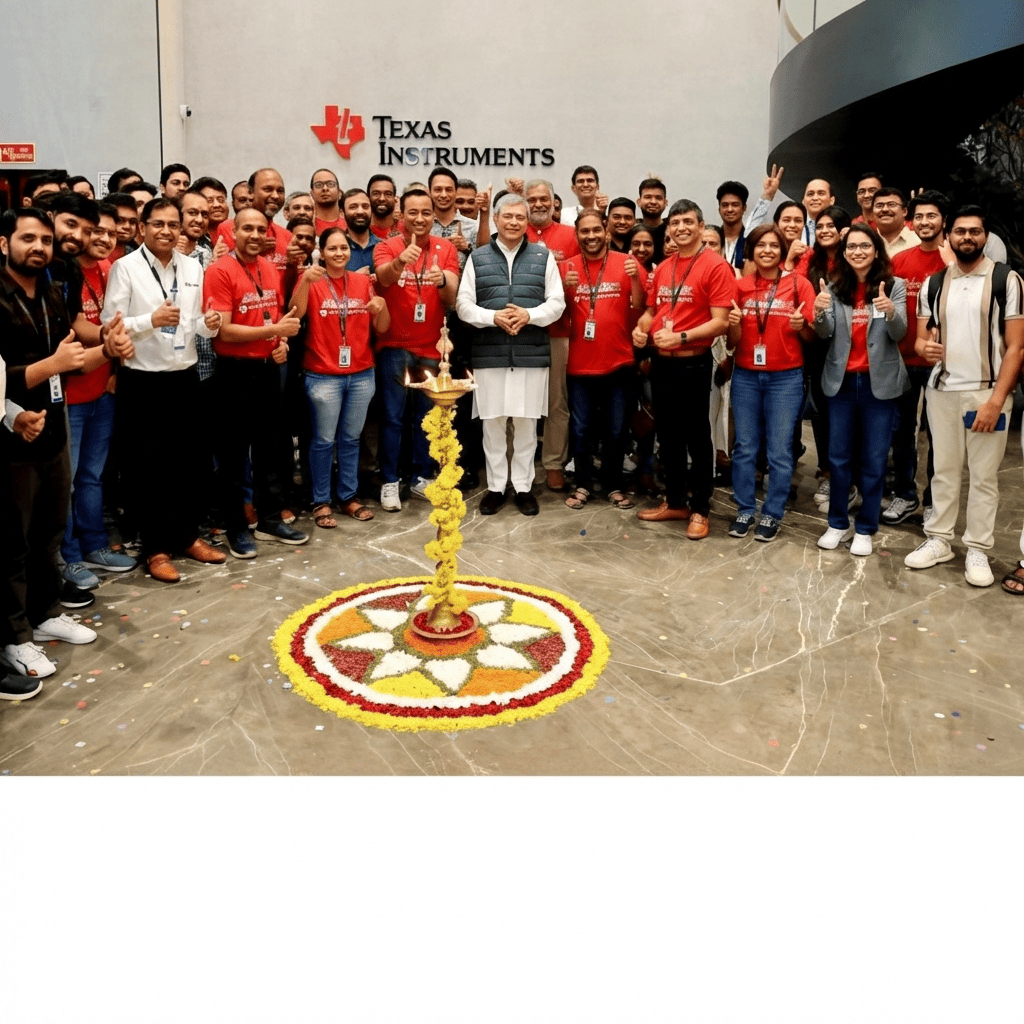Let’s be honest – when we talk about Global Capability Centers (GCCs), the conversation almost always starts with numbers: cost efficiency, scalability, digital transformation, AI-led processes, operational KPIs.
But here’s the thing, none of those metrics hold up if your culture doesn’t.
I’ve seen this first-hand, across teams we’ve helped build and scale at Talentiser. A GCC’s culture is not decoration; it’s infrastructure. The invisible operating system that determines how everything else runs – from problem-solving speed to innovation velocity.
So, let’s unpack why culture in GCC workplaces is given so much importance — and how it actually drives or derails operations.
1. GCCs run on people, not just processes
Every GCC begins with an operational charter – to centralise, standardise, and optimise. But as soon as people walk in, that “process-first” lens starts falling apart.
Because your culture determines how processes are interpreted, prioritised, and executed.
You can have identical SOPs in two GCCs, but the outcomes will differ drastically depending on whether:
- People feel trusted or micromanaged.
- Managers enable ownership or gatekeep decisions.
- Teams are cross-collaborative or work in silos.
The difference? CulĒurg.
It’s what dictates how quickly decisions move, how openly feedback flows, and how committed teams feel to the larger organisational mission.
2. Culture is what keeps operational excellence sustainable
Operational efficiency looks great on paper until burnout sets in, attrition spikes, and institutional knowledge walks out the door.
When a GCC invests in a strong, inclusive, empowering culture, what it’s really doing is future-proofing its operations.
Think about it. The GCC model today isn’t about back-office execution anymore. It’s about innovation, transformation, and ownership.
And that kind of agility thrives only when your people feel psychologically safe to experiment and speak up.
Companies that understand this balance operational rigor with human energy. The result?
- Lower attrition rates.
- Stronger engagement scores.
- A pipeline of internal leaders who carry both context and conviction.
In our experience at Talentiser, GCCs that nurture culture as seriously as they do compliance always outperform those that don’t — both in productivity and in talent stickiness.
3. Culture deffines how globally aligned your local operations are
One of the biggest challenges GCCs face is cultural alignment between global HQ expectations and local execution realities.
You can have brilliant playbooks from the parent organisation, but if they’re applied without cultural translation, you get friction, not flow.
We’ve seen this play out repeatedly:
- Decision paralysis because local teams fear hierarchy.
- Communication breakdowns because global teams assume flatness.
- Innovation stifled because people don’t want to “step out of line.”
Strong organisational culture in GCCs bridges this. It builds a shared language of trust, accountability, and clarity that transcends geography.
When culture is aligned, operational goals become self-reinforcing – teams don’t just comply; they collaborate.
4. Culture is your best employer brand
Here’s an underrated truth – in the talent market, your culture is your brand.
In an environment where skilled professionals have options, what keeps them in a GCC isn’t just salary. It’s the experience of working there.
- Do they feel seen?
- Do they have growth paths?
- Do they feel connected to something larger than themselves?
A strong GCC culture answers “yes” to all three and that becomes your most powerful recruitment story.
At Talentiser, we’ve seen companies with deeply human, empowering cultures cut hiring costs by nearly 40% simply through better word-of-mouth and retention. That’s operational efficiency of a different kind — one that compounds quietly.
5. Culture impacts speed, ownership, and accountability
Operations rely on how fast decisions move and how clearly people own outcomes.
Culture is the deciding factor here.
A GCC that runs on blame-shifting or excessive hierarchy will always be slower, more political, and less effective.
A GCC built on ownership, feedback, and clarity of purpose will move with speed and precision.
This is why culture is the true operations manual.
6. The future of GCCs depends on culture-led transformation
With AI, automation, and digital twins redefining how GCCs deliver value, the human side of operations becomes even more critical.
Technology can’t replace judgment, empathy, or collaboration — all of which are rooted in culture. Tomorrow’s most successful GCCs won’t just be technology-led; they’ll be culture-powered ecosystems that attract, retain, and amplify top global talent.
At Talentiser, we call it Culture as a Capability. Because in the long run, it’s not just what your GCC does — it’s how your people show up to do it.
Closing Thoughts
When organisations talk about culture, it often sounds abstract. But in a GCC, it’s measurable.
It’s visible in your turnaround time, your engagement rate, your attrition data, your innovation output.
Culture doesn’t just affect operations — it is the operation.
And the sooner we treat it that way, the stronger, smarter, and more scalable our Global Capability Centers will become.
Visit Our News section and follow us on LinkedIn and Twitter







